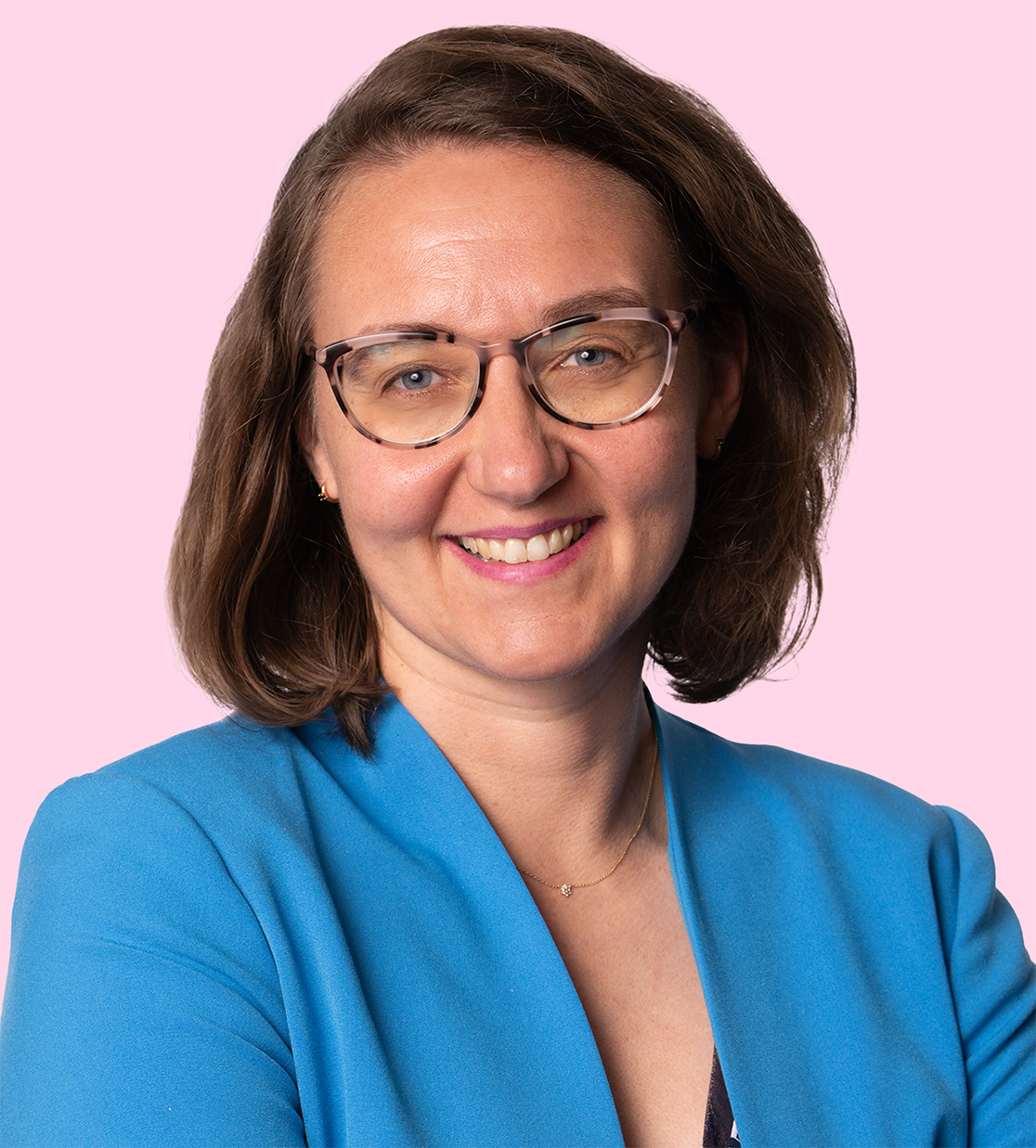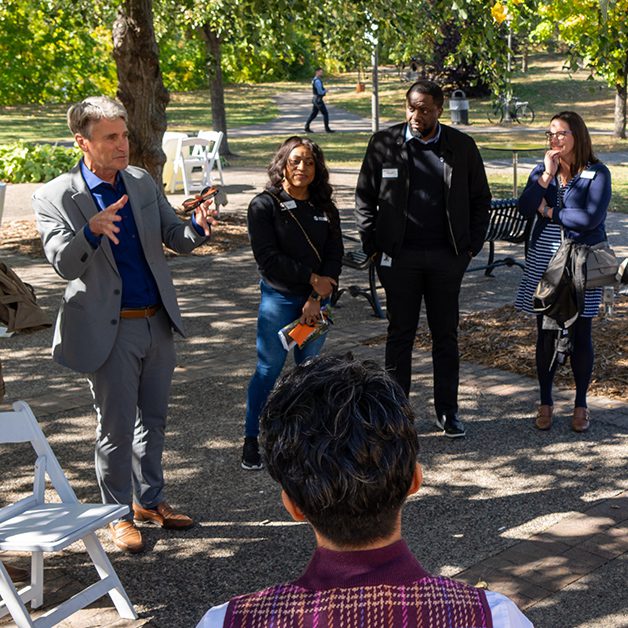Preparing Clients for the Certainty of Uncertainty

Empowering clients to live boldly and do good is at the heart of Steve Lear’s work as a financial planner. Especially in a year like 2020, that work matters. In a recent conversation, Steve talked with us about his hopes for the future, the importance of philanthropy, and why financial planners have a critical role to play in helping society navigate today’s challenges.
This spring, financial planner Steve Lear recommended the Minneapolis Foundation as a resource for one of his clients, a local business owner. The client, Lear said, had given generously for many years, but he had gotten to a point where he wanted to be more organized about it—and he wanted to use charitable giving as a way to show his community what he stands for. “He was being deluged with requests, and there was no process,” Lear said. By connecting with a Philanthropic Advisor at the Minneapolis Foundation, “He can create that process, so his philanthropy can be taken seriously,” he said. “Having a partner like that is very helpful.”
Facilitating that client’s introduction to the Minneapolis Foundation was just one of the many times that Lear, a Principal and Financial Planner at Affiance Financial, has helped clients harness the power of philanthropy to advance their goals.
Especially this year, the value of giving has been on his mind a lot. As he bears witness to the epic struggles of 2020—a pandemic, a global reckoning over racial injustice, an upcoming election that has our entire nation on edge—Lear keeps reminding himself that a brighter future is possible. “I call that vision ‘A Flatter Pie Tastes Better,’” he said during a recent conversation. “What we need in society now is for the economic pie to be spread out among more people. If we can do that, we’ll all have more—more joy, and more contentment.”
“Philanthropy, is one of the key avenues to flattening the pie.” — Steve Lear

Lear actively looks for opportunities to ask his clients about their charitable interests. Often, he said, “People are afraid to give up their perceived treasures—the ones called ‘money’—because they don’t know if the money will last as long as they do.” But by running scenarios for clients and showing them how various decisions are likely to affect their long-term financial outlook, Lear empowers his clients to pursue their dreams boldly. When you get down to it, “Our job is to prepare people for the certainty of uncertainty.”
Viewed that way, financial planning has arguably never been more essential. In this year’s atmosphere of fear and strife, “We have an unbelievable opportunity to make the biggest difference in society by giving clients permission to do what they know might be the right thing to do,” Lear said.
Lear’s clients act boldly and do good in a lot of different ways. Over the years, an increasing number of them are doing good through charitable funds at the Minneapolis Foundation. “If I have a client who is just fascinated with Minneapolis and wants to support this community, but doesn’t know which organizations to support, the Minneapolis Foundation is the place to go,” he said.
More than 15 years ago, he helped a client start the Chinese Heritage Foundation, a fund of the Minneapolis Foundation that promotes the understanding of Chinese history and culture among Minnesotans through such innovative grantmaking as a gift to commission an original opera. Since then, he has partnered with the Minneapolis Foundation to support the charitable goals of half a dozen clients. For example, one man set up a Donor Advised Fund the year he retired; for him, it was a tax-smart way to create a “charitable bank account,” dedicating resources for future giving during the last high-income year of his career.
For colleagues in the field of financial planning, Lear has this advice: “Walk the talk. Set up a Donor Advised Fund for yourself. Start thinking about your personal estate plan.” Lear encourages people to think about giving in terms of formulas (1 percent of net worth, or 10 percent of after-tax earnings) rather than absolute numbers. For example, when he and his wife started thinking about their charitable legacy, they realized that it was helpful to imagine they had an extra child: “Instead of seven kids, we have eight,” he said. “The eighth kid is community.”


